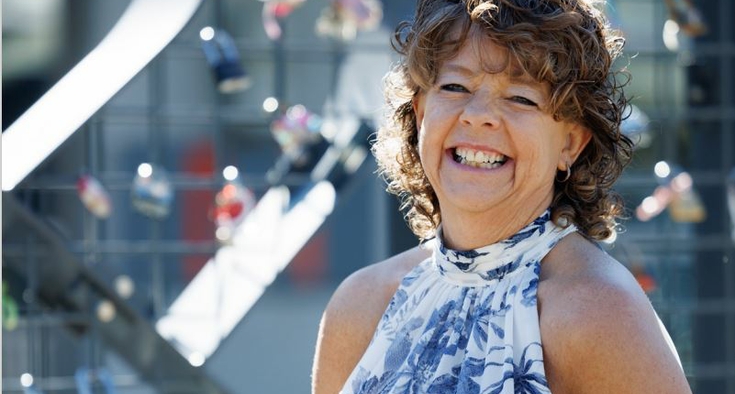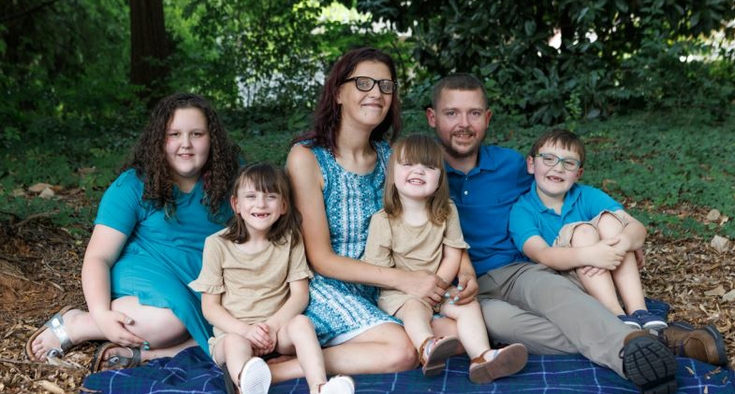Editor’s note: This is one in a series of stories exploring the survivorship journeys of Novant Health Cancer Institute patients. You’ll find all the stories here. We celebrate our survivors and share their stories to showcase how surviving – and thriving – after a cancer diagnosis is possible.
Felix Santiago, 40, never saw cancer coming. He was working a lot to provide for his family — his wife Karen and their three daughters — and celebrating becoming an official United States citizen. Things were looking up, and he felt good.
“I didn’t feel like I had anything wrong with my body,” Felix said. “It was just that when I would use the restroom, there were streaks of blood. I didn’t think much of it. But then it kept happening for a while, and I thought I really should get it checked out.”
At first, there was hope Felix’s symptoms were the result of a hemorrhoid. But when treatments didn’t help,
his doctor referred him for a screening colonoscopy. They found his diagnosis: rectal cancer.
“It kind of felt like there was nothing I could do,” he said. But his care team put him at ease.
Supportive care throughout your cancer journey.
“My doctor reassured me that things would be OK and there were options,” he said. “We can try different things, approach it differently, and if one way doesn’t work, another way will. The doctors were so positive in how to handle my cancer.
“The first treatment I had was making it difficult for me to breathe. So, they lowered the dosage. The cold was really bothering me. Anything cold was like touching needles, all over my face and body. At work, sometimes I have to do inventory and go into the freezer. So, I would have to go in for a few minutes, go in, come out. My skin changed to a different color, too. But I always said, ‘If it’s going to help, I’ll deal with the side effects.’”
Providing for his family is what kept Felix going through treatment, but his cancer journey also inspired him to find a healthier work-life balance.

“It just kind of opens your eyes that you can be here one day and not here the next day,” he said. “I put my job secondary now. I put my health first, and my family. I was able to stay home more and spend more time with my family, even though sometimes I’m plugged into the machine or carrying my little chemo pump around.”
His family refers to his ongoing treatments as his “chores.” It’s one way they keep positive and don’t get too bogged down in how serious cancer can be.
“A lot of it is mental,” Felix said. “Don’t overthink it.”
“Your life might change a little, but you can still learn to adjust. They gave me my colostomy. It’s permanent. But I just try to think of it as part of my outfit now. When you have clothes and shoes on, you don’t think about the clothes or shoes you have on when you’re doing something. It’s just part of your outfit.”
He admits that sometimes he finds himself staring in awe at ostomy equipment that saved his life.
Today, Felix continues his immunotherapy for maintenance. When he meets new people in the cancer center, Felix gives everyone the same advice that helped him: “Just be positive. Have your mind clear. Hope for the best, and believe everything is going to be OK.”









